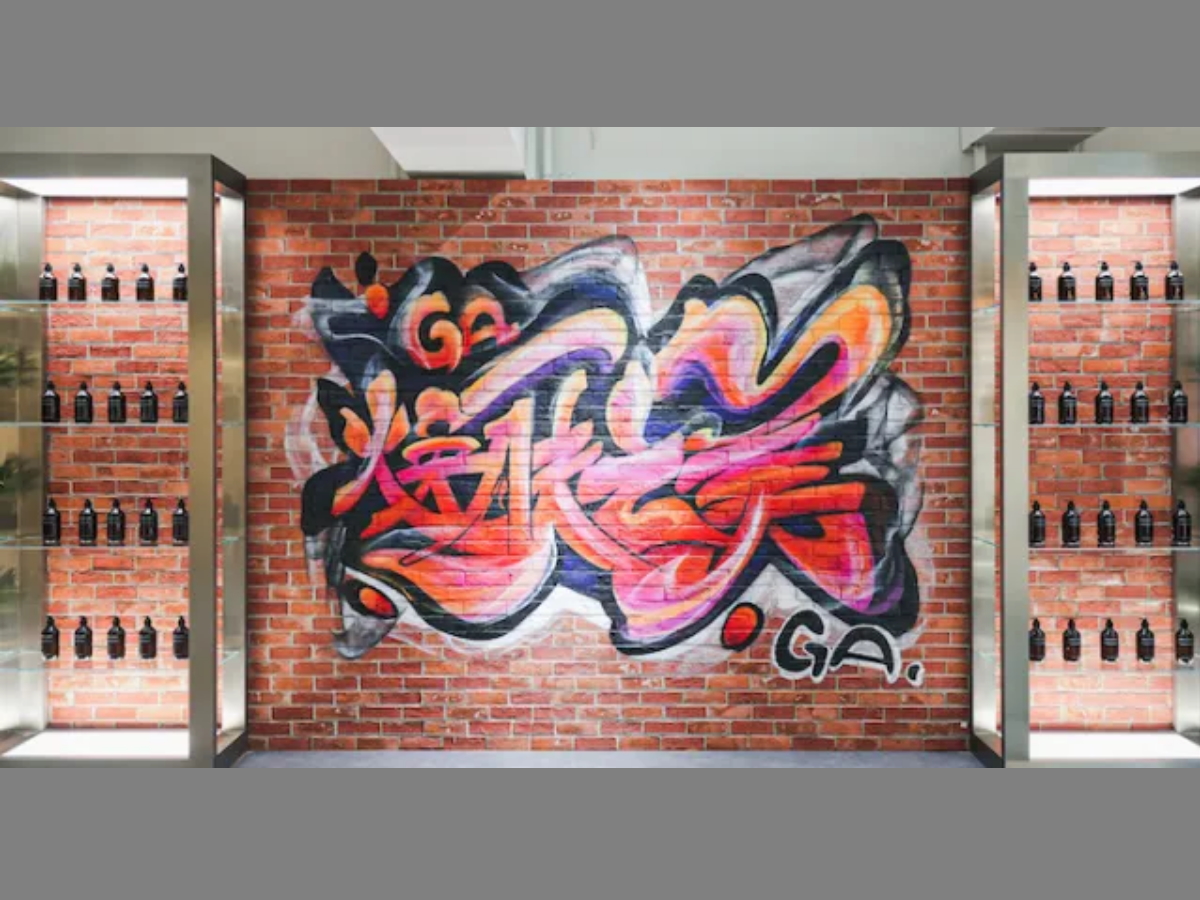In March last year, L’Occitane acquired a majority stake in Grown Alchemist to expand its portfolio of brands championing natural and organic ingredients. At the time, Andre Hoffmann, vice-chairman and CEO of the L’Occitane Group noted that the Australian brand known for its clean, scientific and botanically-based products was “poised for international scalability and rapid growth”.
Co-founded by Melbourne-based brothers, Jeremy and Keston Muijs, Grown Alchemist had already forged a global following in 30 countries. To signal its further ambitions, the brand opened a flagship store in Melbourne in 2020 to build a full-scale omnichannel presence for international growth. In March this year, Grown Alchemist also debuted a standalone store in Sydney as its first foray into global travel retail.
Through an exclusive partnership with Sephora, Grown Alchemist has debuted in China. To celebrate the milestone, the brand opened a five day pop-up store in the Changning District of Shanghai, which contrasted its lab chic look with the stylised artwork by WHYY, the Chinese graffiti artist. Consumers were immersed in the brand’s signature philosophy – Cleanse, Detox, Activate – to introduce them to key skincare, body care and haircare.
To magnify its arrival, Grown Alchemist also springboarded a marketing campaign on the mega messaging and social media platforms, Weibo, WeChat and Xiaohongshu ( Little Red Book), which connect with more than a billion Chinese consumers. But the brand has also been actively targeting the Chinese market since creating its official Weibo account in 2020.
The natural and organic beauty market in China is still considered niche but growing at a rapid pace. Gen Z and Millennials in leading first tier cities such as Shanghai, Guangzhou, Beijing, Nanking and Hangzhou are fuelling the trend towards high performance natural actives and skincare. L’Oréal revealed an eye on future growth in China was one of the main reasons the multinational acquired Aesop.
Grown Alchemist’s unisex appeal could also play well in the Chinese men’s grooming market. Figures vary widely according to different sources, but according to Jing Daily, the men’s grooming market in China exceeds US$10 billion. The skincare category is the major engine of growth with the Foresight Industry Research Institute revealing that it was worth 12.5 billion yuan (US$1.8 billion) in 2020 and is on track to reach 20.7 billion yuan (US$3 billion) by 2026.
Domestic Chinese brands are ramping up their presence, but the major multinationals have their eye on the prize as well. Unilever launched the EB39 luxury skincare brand for men in China last year and other multinationals focusing on the men’s market in China include Shiseido, Coty, L’Oreal, the Estée Lauder Companies and Procter & Gamble.
Read the current issue of our digital magazine below:
- For more news and updates, subscribe to our weekly newsletter
- Follow us on Instagram
- Like us on Facebook
- Connect with us on LinkedIn

